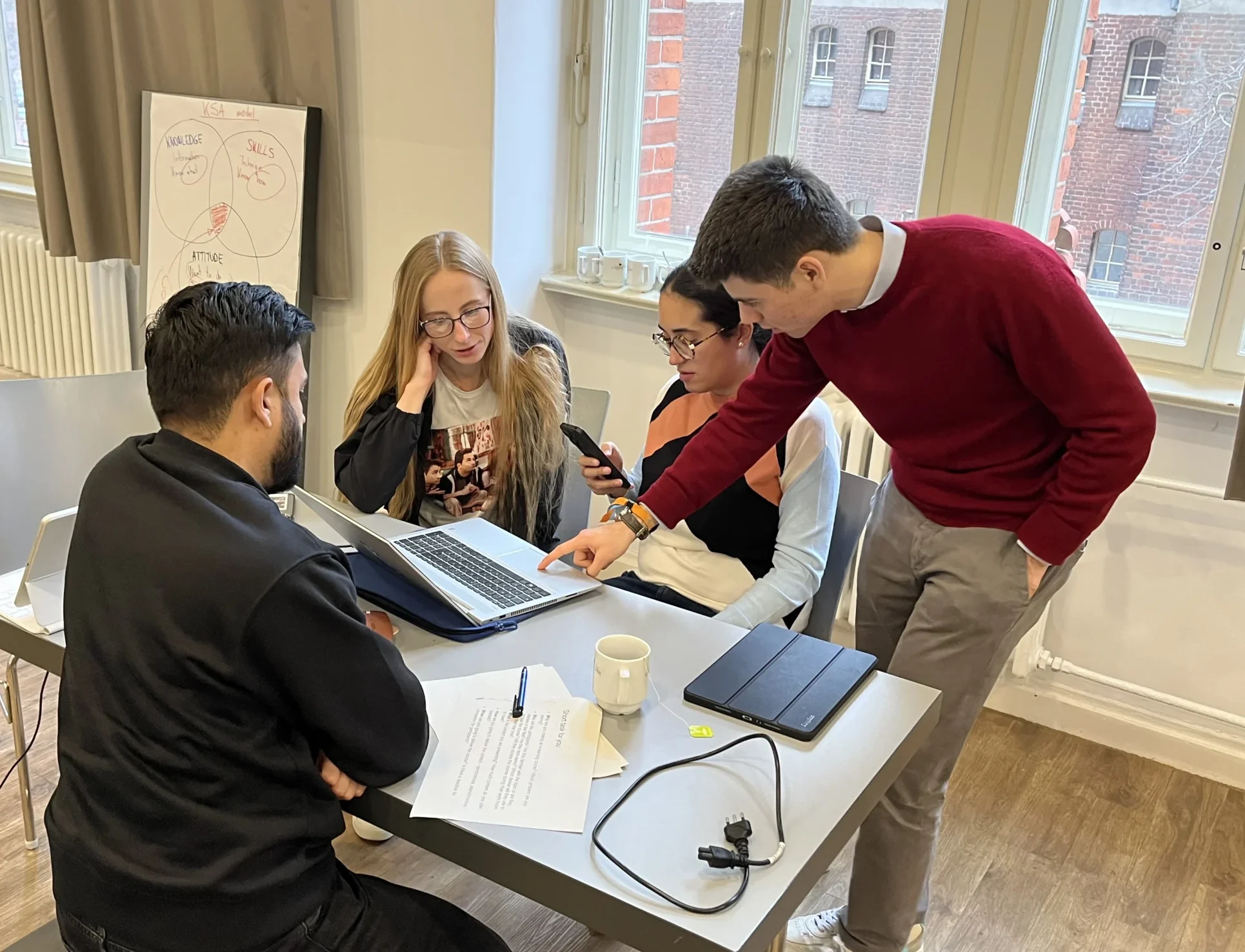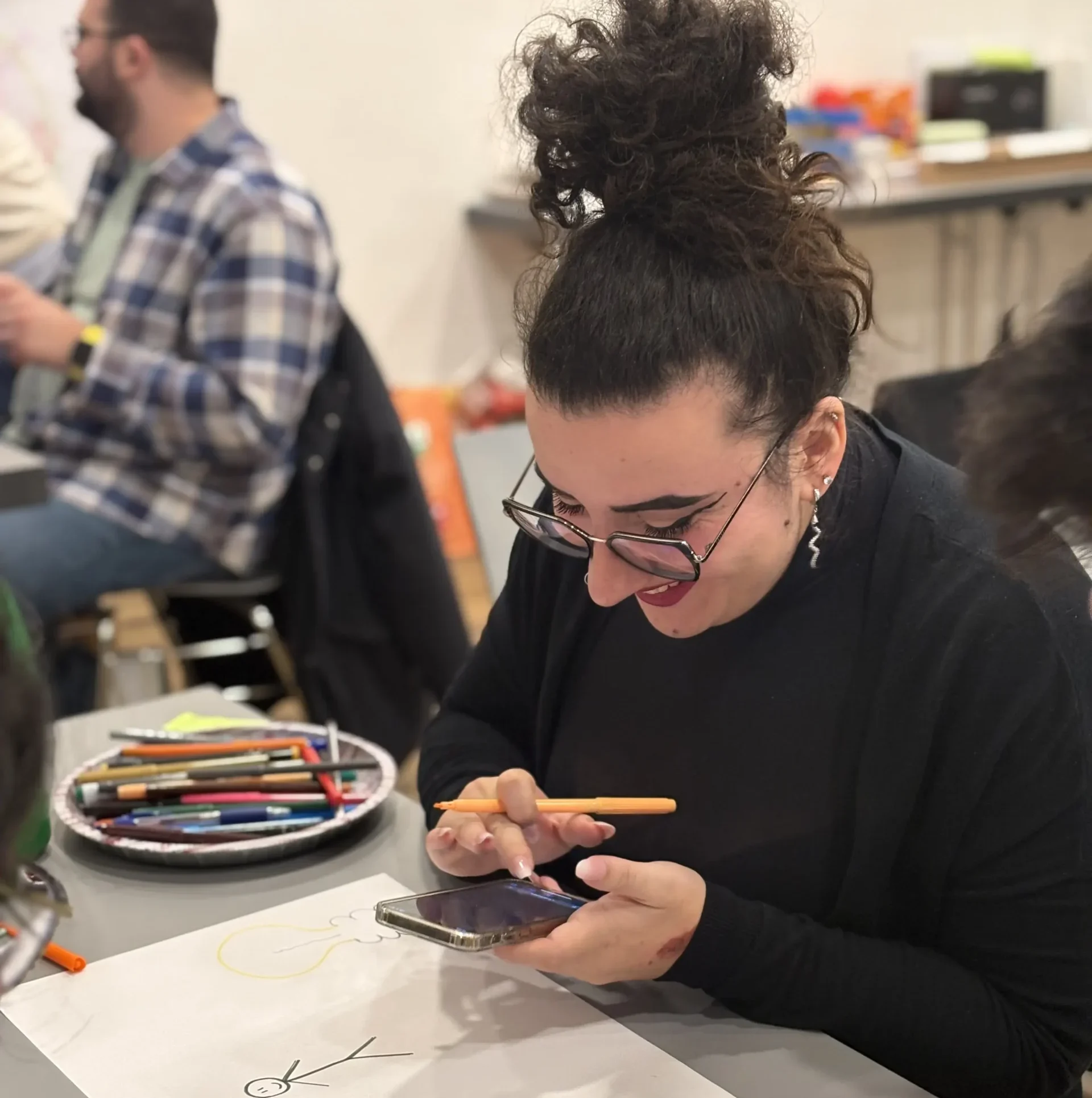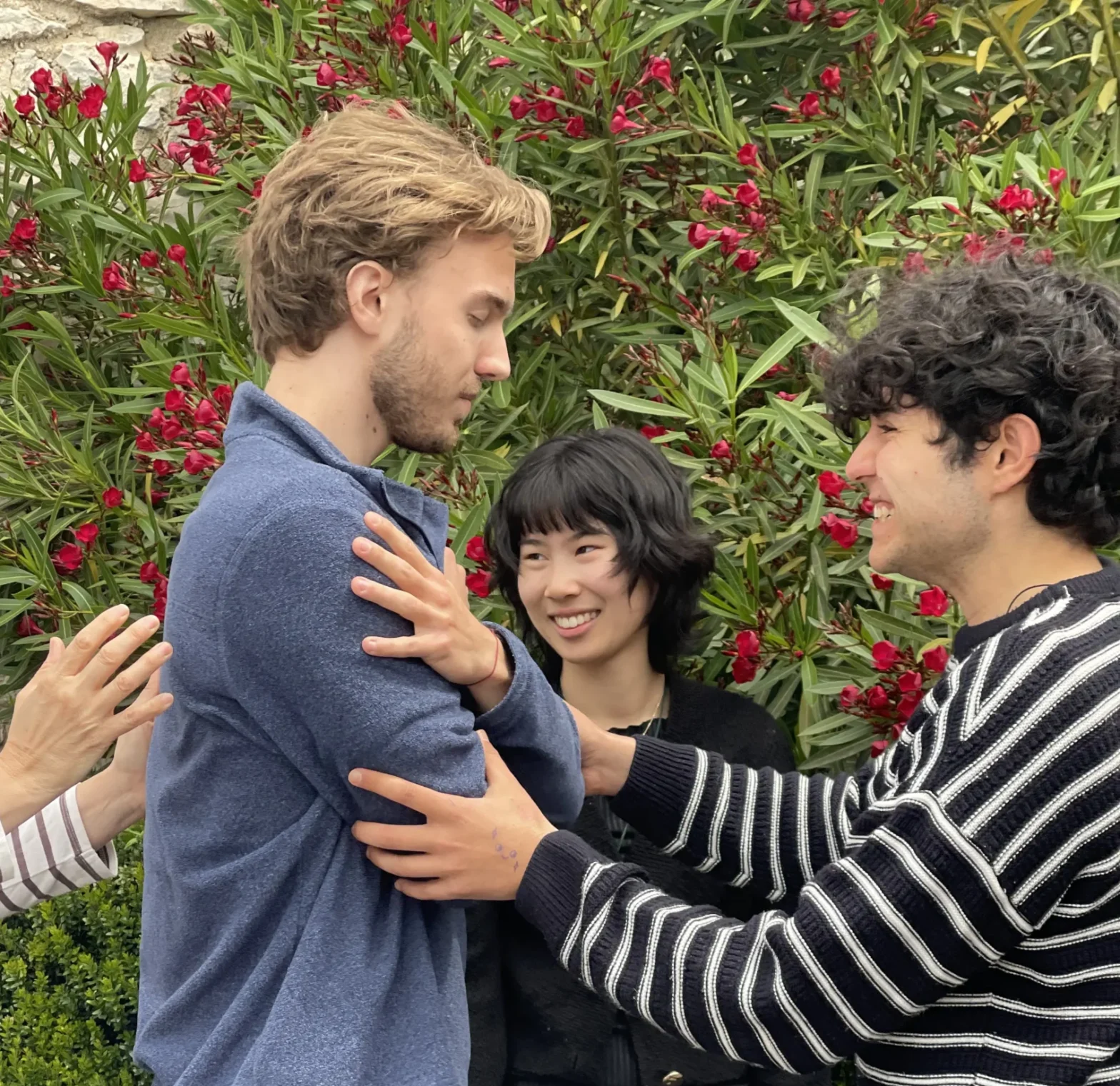Escape from Marginalisation
Project Overview
Project: Escape from Marginalisation
Duration: 1.12.2019 – 30.11.2020
Reference Nr. 2019-2-IT03-KA205-016467
Grant Amount: 51,522.48 EUR
Donor: JUGEND für Europa, German National Agency for the Erasmus+ programme
What's About
This project was a response to the evolving needs of both mainstream and marginalised youngsters, as well as the youth workers who support them. We observed that traditional youth work approaches were becoming less effective, especially for engaging young people who spend much of their time online and no longer frequent local youth centres or clubs. At the same time, youth workers expressed the need for fresh, innovative tools and methods to upgrade their daily work.
In today’s world, communication and social engagement have shifted dramatically towards digital platforms. Youngsters are immersed in gaming, social media, and online activities—not only as passive consumers, but also as active contributors, moderators, and creators within those spaces. Despite their digital fluency, many lack the awareness and guidance needed to use these tools meaningfully and responsibly.
Our project addressed this gap by developing an innovative youth work approach that aligns with digital realities and supports inclusion, active citizenship, and community engagement—especially among immigrant and marginalised youth.
Partners in this project:
BANGHERANG ASSOCIAZIONE DI PROMOZIONE SOCIALE (IT)
UDRUGA ZA UNAPRJEDENJE SUVREMENIH ZIVOTNIH VJESTINA OSTVARENJE (HR)
YOUTH POWER/UNG KRAFT (SE)
YOUTH POWER GERMANY EV (DE)
Empower youth workers with knowledge and skills to integrate digital tools in everyday youth work, with special attention on inclusion.
Improve knowledge management in youth organisations by building competences in gamification and escape room methodology, both online and offline.
Encourage more youth workers to implement creative, low-cost, innovative online/offline activities using gamification.
Attract more immigrant and marginalised youth by replicating engaging adventure rooms and gamified youth work formats in local communities.

The Objectives
Project RESULT
Project was successfully completed with following outcomes:
O1 – E-learning course “Digitalisation of youth work for inclusion”
O2 – Toolkit “Gamification and Escape room methodology in online and offline youth work for inclusion”
We expect following direct participants / beneficiaries of our project:
– 8 staff / project managers and assistants;
– 12 teachers/trainers/researchers and technicians working on the intellectual outputs;
– 20 multipliers youth workers that will test the outputs with at least 80 youngsters (with fewer opportunities) on
local level
– 60 participants of the multiplier events’ conferences, with at least 100 youngsters participating at low-cost
escape rooms at the multipliers’ events


Von der Europäischen Union finanziert. Die geäußerten Ansichten und Meinungen entsprechen jedoch ausschließlich denen des Autors bzw. der Autoren und spiegeln nicht zwingend die der Europäischen Union oder der Europäischen Exekutivagentur für Bildung und Kultur (EACEA) wider. Weder die Europäische Union noch die EACEA können dafür verantwortlich gemacht werden.
Funded by the European Union. Views and opinions expressed are however those of the author(s) only and do not necessarily reflect those of the European Union or the European Education and Culture Executive Agency (EACEA). Neither the European Union nor EACEA can be held responsible for them.















